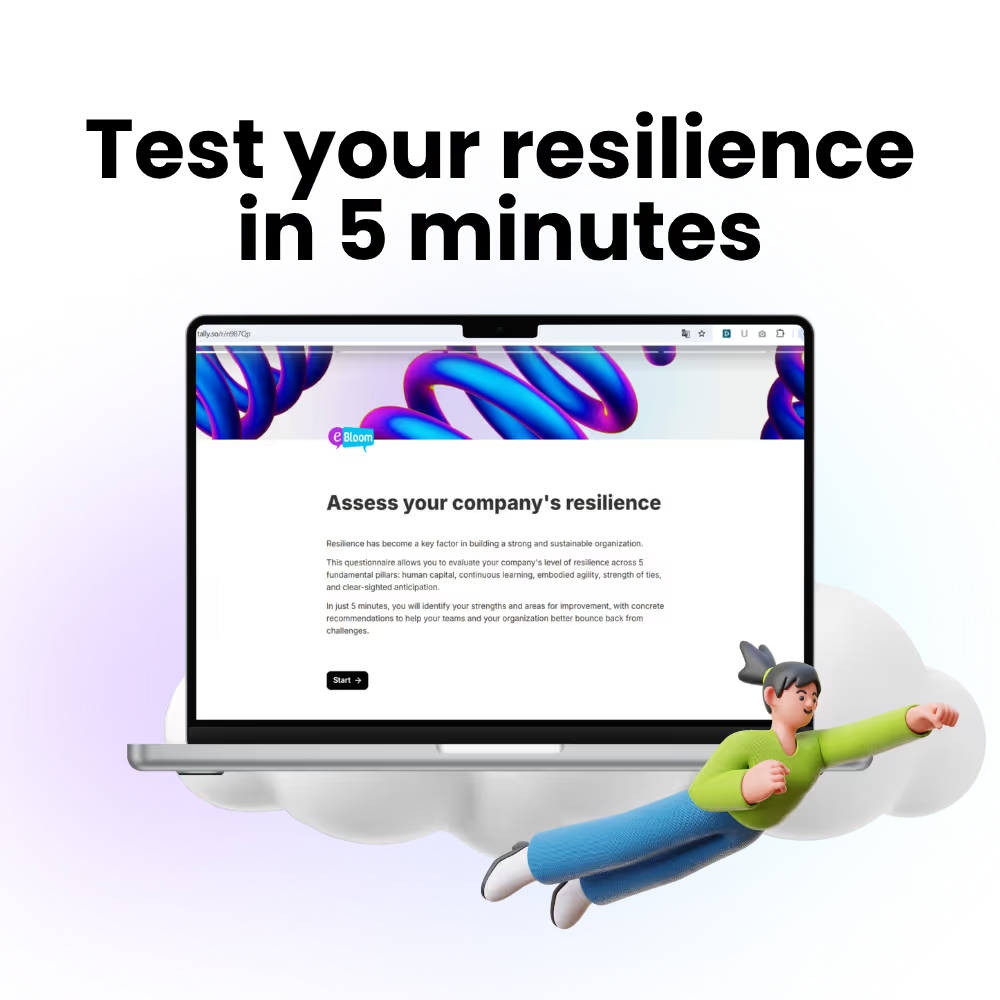
Many people suffer at work but don’t talk about it.
Why not? For fear of not being taken seriously, of being fired, of being seen as someone weak,…
But psychosocial risks at work are more and more present and affect both people and companies. Among these risks, burn-out is the best known and one of the most common. Burn-out is caused by an excessive workload, an “over-stimulation”. It is generally characterized by 3 dimensions:
👉 Emotional exhaustion
👉 Loss of a sense of accomplishment
👉 Depersonalization
But did you know that professional exhaustion can also occur because of:
– an “underload” of work = the bore-out, or
– a loss of meaning at work, the brown-out?
In a case of burn-out, people are no longer able to perform their tasks. Inversely, people who suffer from bore-out or brown-out are looking for stimulation.
How can you identify and differentiate them?
👉 Professional exhaustion characterized by an underload of work
👉 Professional exhaustion characterized by a loss of meaning at work
Whether it’s a bore-out or brown-out, studies show that there is a concern about skills that don’t match the tasks: the perception of having skills that are superior to the position in which one finds oneself. It is therefore important that the company prepares a well-defined and representative job description before launching the recruitment. This way, they can outline the tasks that will be required and people will be able to project themselves and see whether or not the position is suitable for them.
These 2 sources of exhaustion lead to stress and cause certain physical and psychological symptoms: musculoskeletal disorders, lack of concentration, fatigue,…
They also have consequences for the company: reduced professional commitment, reduced performance, risk of absenteeism and/or resignation, loss of motivation,…
Being aware of these forms of exhaustion allows you to put in place preventive measures to avoid them. Here are some examples:
As a manager :
As a manager :
Take the time to check the clarity of their objectives, their degree of autonomy and responsibility, their level of competence for the given tasks,… These different points will allow you to identify some of their needs.
Don’t forget that these discussions must be held in a climate of trust and active listening. This way, you make sure that you are providing real support to your team.
Want to evaluate the current motivation of your people?
eBloom can help you with this challenge 😃
Our digital solution allows you to collect the feelings of your colleagues at the frequency you want. You will be able to follow-up in real time their fulfillment through your dashboard.

.avif)



